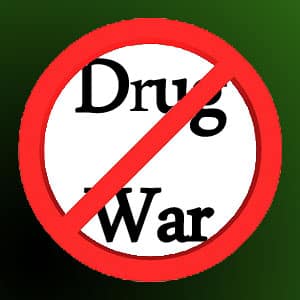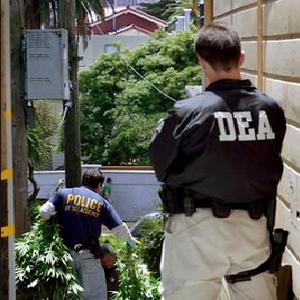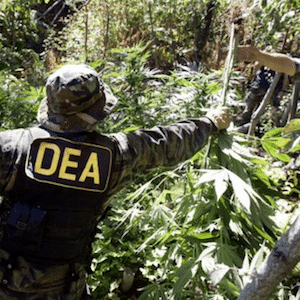 By Meghan Ralston, Drug Policy Alliance
By Meghan Ralston, Drug Policy Alliance
Today, dozens of countries around the world join in the global ‘Support Don’t Punish’ protest against the international war on drugs. This worldwide effort sees countries such as Thailand, Lebanon, England, Mexico, Kenya, Spain, France and dozens others uniting today to raise awareness of the harms being caused by the criminalization of people who use drugs.
June 26th is the United Nations International Day Against Drug Abuse and Illicit Trafficking—a day when some countries ‘celebrate’ their support of the war on drugs; a day when, according to campaign organizers, some countries even execute drug law offenders to mark the occasion.
The Support Don’t Punish campaign is an organized day of action around the world to protest the human rights violations, torture, mass incarceration and stigma that too often destroy the lives of non-violent people whose only crime is using, possessing or selling drugs. Activists are working today (and every day) to raise awareness about the ways stigma against drug use leads to draconian punishment for otherwise law-abiding, peaceable people.
The United States, for all of our freedoms and civil liberties, continues to stereotype non-violent people who use drugs as shameful, disgraceful criminals needing to be segregated from society. The reality is much different, of course. While some people do indeed commit acts of violence in relation to their own drug use (and should be held accountable for it), overwhelmingly people who use drugs do not pose a threat to the safety or security of the American populace. They are not chaotically addicted, most are employed, they are not monsters and they should never be denied their freedom simply because they choose to use a substance.
The emotional, visceral way we respond to drug dependence (even just to the word ‘addiction’) says more about us than it does about the reality of the person using drugs. We treat people with addiction issues as ‘other,’ when of course they are just people, with all the same hopes, fears, dreams and boredom as the rest of us. People addicted to drugs laugh; they hope their children will grow up to have happy lives; they have great moods and terrible moods; they cry, they get lonely, they struggle and they persevere.
When we start looking at people who use drugs, particularly people addicted to drugs, as complex but rational actors with the same internal lives as anyone else, maybe the tide will begin to turn. Maybe we’ll start taking a look at the whole host of other challenges they face in their lives, drug-related or not. For many, even if the drugs were to disappear overnight, they would still be facing homelessness, or unemployment, or trauma related to sexual violence, or serious medical or psychological problems—a wide array of challenges that may not be drug-related at all. Maybe we’ll spend less time trying to force them into a one-size-fits-all box we’ve constructed for them and more time providing support, assistance and a clear way forward toward a life of wellness and happiness—that may or may not include substance use.
We know that felony convictions, incarceration and stigmatization leading to social exclusion are just a few of the ways the drug war zealots and their ignorance resonate for life among many people who use drugs. We proudly join countries all around the world today to demand an end to the dangerous, punitive policies which continue to put people in harms way.
Source: Drug Policy Alliance – make a donation









